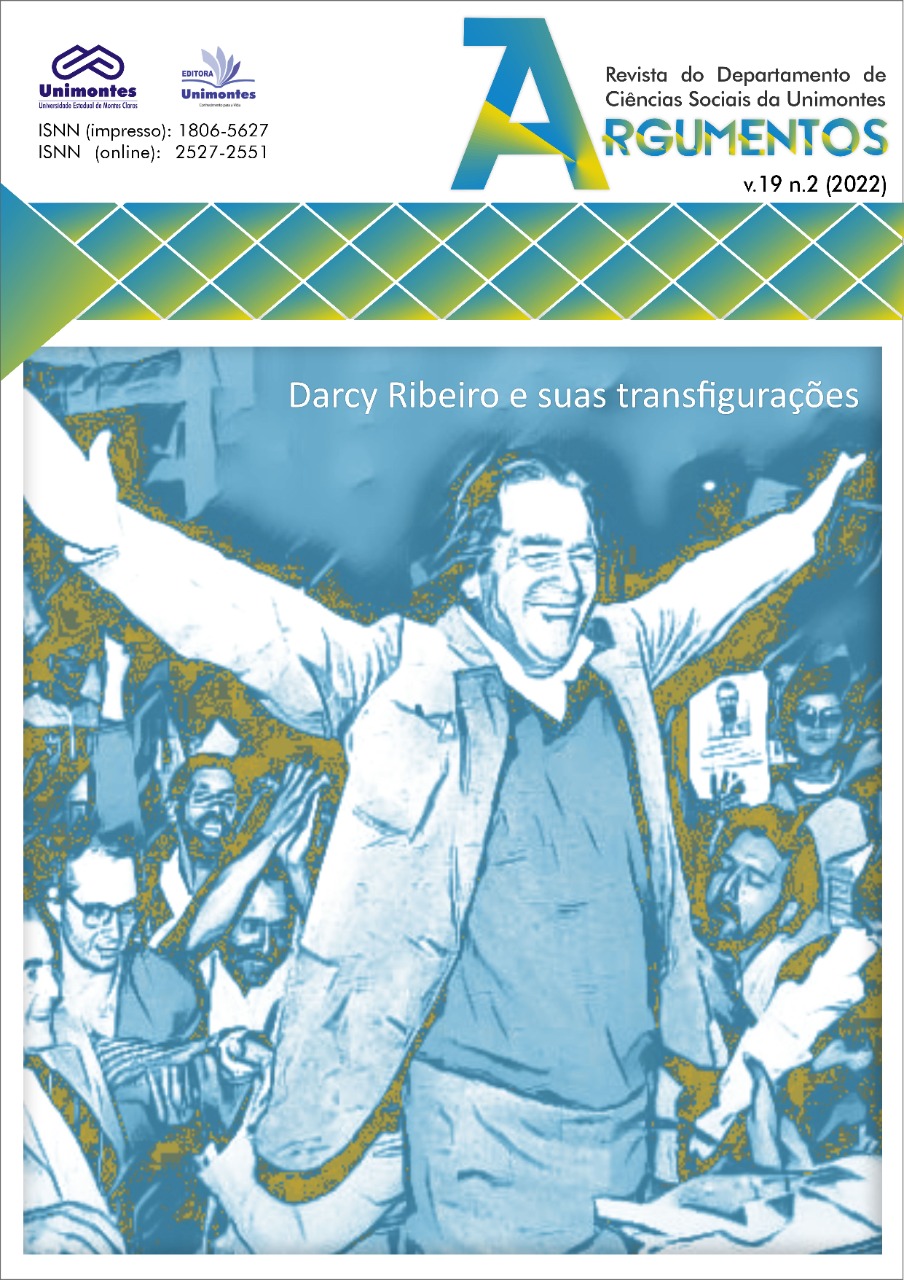Social capital and cultural capital: from habitus to the social space of Ouro Preto´s city
DOI:
10.46551/issn.2527-2551v19n2p.192-217Keywords:
Ouro Preto, Capital social, Capital cultural, Serviços culturais, Capital econômicoAbstract
This research is an investigation into the nature of the demand for free cultural products and services by students of vocational technical education in Ouro Preto, Minas Gerais, Brazil. The issues addressed deal with the concept of cultural capital with reference to the studies of Pierre Bourdieu. The field research was carried out at the end of the second semester of 2018 and beginning of 2019 and involved a sample of 248 students. The study used as an exploratory tool a questionnaire with 38 closed questions and an open one where socioeconomic and educational information, musical preferences, perception about the cultural goods and services offered by the city and their satisfaction with them were collected, etc. The little expressive results for cultural capital are reinforced, for example, by the lack of reading habit of the interviewees (almost 50% had not read any book in the last three months prior to the interview).
Downloads
References
ALVES, Emiliano Rivello. Pierre Bourdieu: a distinção de um legado de práticas e valores Culturais. Sociedade e Estado, Brasília, v. 23, n. 1, p. 179-184. jan./abr. 2008.
BOURDIEU, Pierre. A distinção: crítica social do julgamento. 2ª ed. Porto Alegre: Zouk. 2008.
__________. Choses dites. Paris: Les Éditions de Minuit, 1987.
__________. O poder simbólico. 2ª ed. Rio de Janeiro: Bertrand. Brasil. 2012.
__________. Os herdeiros: os estudantes e a cultura. Florianópolis: Ed. UFSC, 2014.
__________; PASSERON, Jean-Claude. Les Héritiers: les étudiants et la culture. Paris: Les Éditions de Minuit, 1964.
CATANI, Afrânio Mendes. A Sociologia de Pierre Bourdieu (ou como um autor se torna indispensável ao nosso regime de leituras). Educação & Sociedade, ano XXIII, n° 78, Abril/2002.
__________, et al. Vocabulário Bourdieu. 1ª edição. Belo Horizonte: Autêntica Editora, 2017.
CIFELLI, Gabrielle. Turismo, patrimônio e novas territorialidades Ouro Preto – MG. Campinas, SP.: [s.n.], 2005.
CUNHA, Maria Amália de Almeida. O conceito “capital cultural” em Pierre Bourdieu e a herança etnográfica. PERSPECTIVA, Florianópolis, v. 25, n. 2, p. 503-524, jul./dez, 2007.
FINK, Arlene. How to Ask Survey Questions. 2nd edition. Sage Publications. London, 2003. 160 p.
IBOPE. PESQUISA DE OPINIÃO PÚBLICA - Viver em São Paulo: hábitos culturais. São Paulo. Disponível em: https://www.nossasaopaulo.org.br/. Acesso em: dezembro de 2017
JOURDAIN, Anne; NAULIN, Sidonie. A teoria de Pierre Bourdieu e seus usos sociológicos. Petrópolis, RJ: Vozes, 2017.
LAHIRE, Bernard. Reprodução ou prolongamentos críticos?. (2002). Educação & Sociedade, ano XXIII, no 78, Abril/2002.
LOYOLA, Maria Andréa. Pierre Bourdieu entrevistado por Maria Andréa Loyola. Rio de Janeiro: Ed. UERJ, 2002.
NOGUEIRA, Maria Alice. Capital cultural. In: OLIVEIRA, Dalila Andrade; DUARTE, Adriana Maria Cancela; VIEIRA, Lívia Maria Fraga. DICIONÁRIO: trabalho, profissão e condição docente. Belo Horizonte: UFMG/Faculdade de Educação. CDROM, 2010.
PINSONNEAULT, Alain; KRAEMER, Kraemer. Survey Research Methodology in Management Infirmation Systems: As Assessment. Journal of Management Information Systms, v. 10, p. 75-105, dez, 2015.
SETTON, Maria da Graça Jacintho. A teoria do habitus em Pierre Bourdieu: uma leitura contemporânea. Universidade de São Paulo, Faculdade de Educação. Revista Brasileira de Educação, Nº 20, p. 60-154, maio/Jun/Jul/Ago, 2002.
SILVA, Gilda Olinto do Valle. Capital cultural, classe e gênero em Bourdieu. INFORMARE - Cad. Prog. Pós-Grad. Ci. Inf., v.l, n.2, p.24-36, jul./dez, 1995.
VANDENBERGHE, Frédéric. "The real is relational"; an epistemological analysis of Pierre Bourdieu's generative structuralism. Sociological Theory, v. 17, n. 1, p. 32-67, Mar. 1999.
VIANA, Francisca Diana Ferreira et. al. Turismo nas cidades históricas de Minas Gerais: uma análise para a variável emprego e renda por meio do método diferencial-estrutural. Gestão & Regionalidade - Vol. 36 - Nº107, p.154-176, jan-abr/2020.







.png)










.png)





